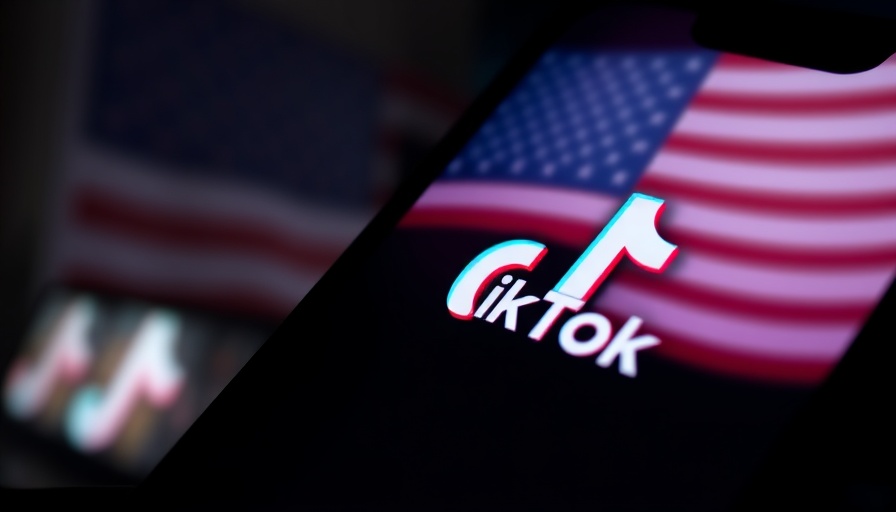
Is TikTok's Future in the U.S. at Stake?
TikTok has made headlines again, not for flashy dances or viral trends, but for a stark rebuttal to a report alleging that the popular app is building a standalone version specifically for American users. This claim, originating from a Reuters report, suggested that the new app, under the codename “M2,” would utilize a unique algorithm and manage U.S. user data independently from its global counterpart. However, TikTok has responded, labeling the report "factually inaccurate" and asserting it is based on "anonymous uninformed sources."
The Underlying Concerns: A Changing Regulatory Landscape
The notion of a separate U.S. app raises significant questions about TikTok's long-term operations in the country. Amid ongoing conversations around data privacy and national security, TikTok's alleged project is seen as a potential response to U.S. legislative pressures that may require the app's parent company, ByteDance, to divest its U.S. operations. While TikTok denies these claims, the mere existence of such reports speaks volumes about the scrutiny it faces from regulators.
Possible Implications for Businesses and Advertisers
As TikTok refutes the report, it is crucial for marketers and advertisers to remain vigilant. The regulatory landscape is in flux, with pressures mounting on social media platforms regarding user data management. If TikTok were to undergo structural changes, such as data segmentation or platform fragmentation, businesses that rely on TikTok for advertising would need to adapt quickly. This could alter how brands engage with their audiences and utilize user-generated content.
Looking Ahead: Preparedness is Key
While the specific claims from the Reuters report may be unfounded, the ongoing geopolitical scrutiny of TikTok reflects broader tensions in tech and social media governance. For digital marketers, preparedness is essential. As new developments arise regarding potential legislative changes or shifts in platform policy, having a flexible marketing strategy will allow businesses to pivot and remain effective in an ever-evolving digital marketplace.
In conclusion, while TikTok's denial is clear, the shadows of uncertainty continue to loom over its operations in the U.S. Marketers should stay updated on regulatory discussions and consider the strategic implications these may impose on their advertising efforts. With a platform as dynamic as TikTok, adaptability is vital for success.
 Add Row
Add Row  Add
Add 




Write A Comment